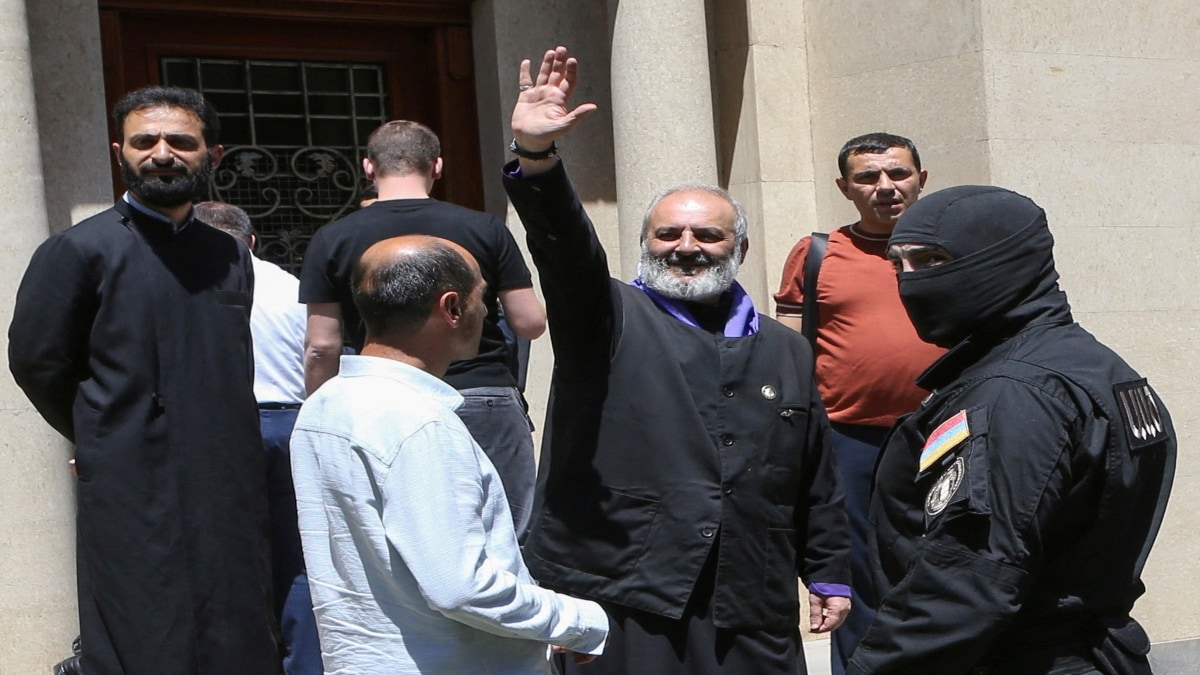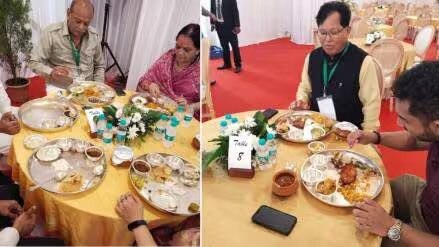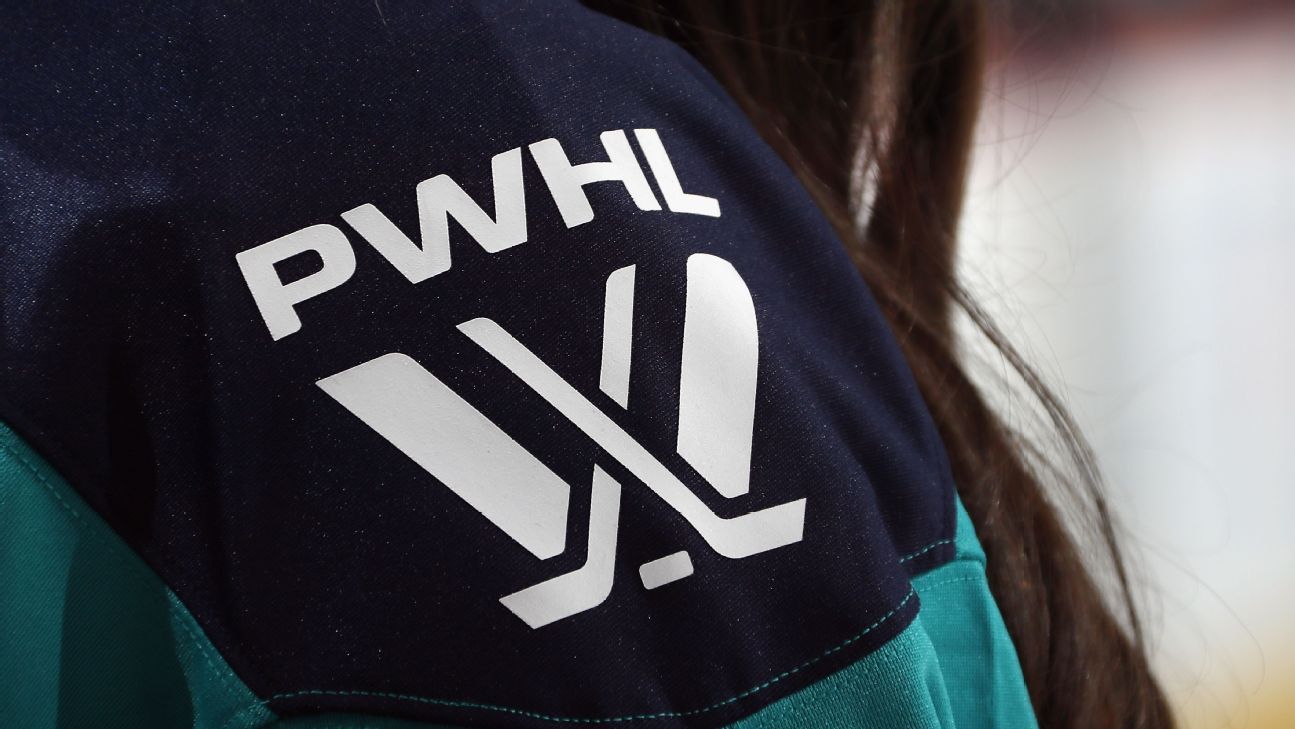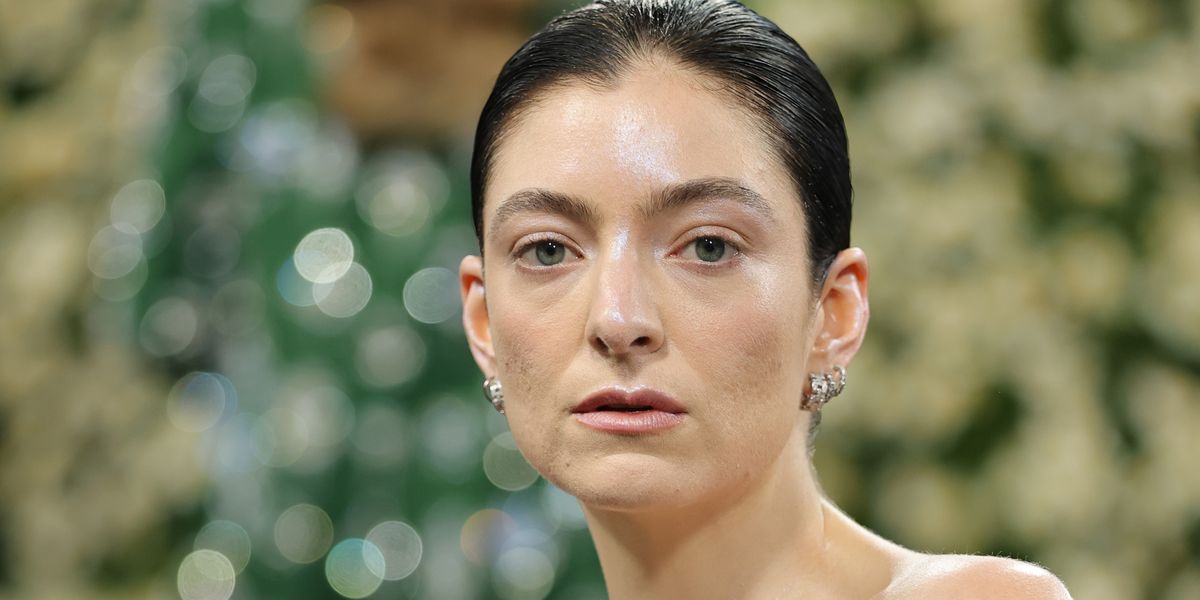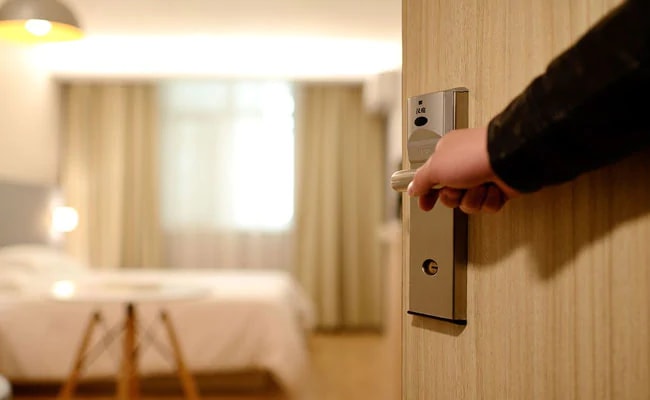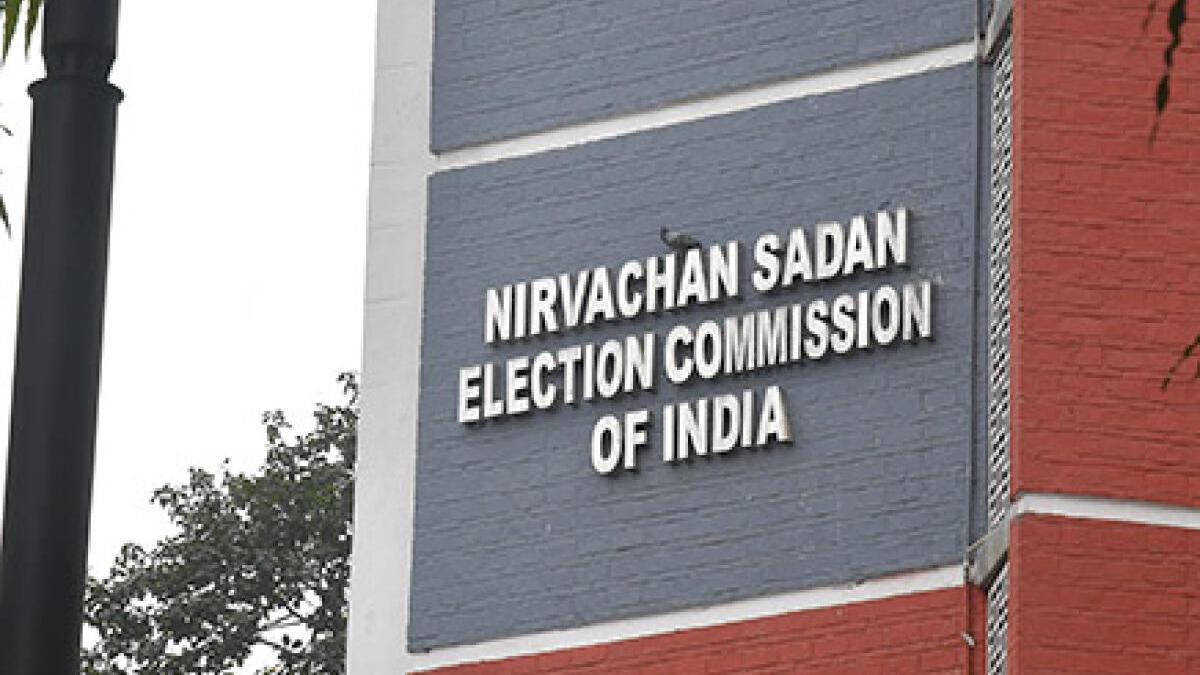With Its First James Beard Win, Tulsa Announces Itself to the Nation
One moment, Cat Cox was sitting in an opulent banquet hall full of the most decorated names in food and beverage, just grateful to be sharing airspace with icons in the business. The next, she was on stage, accepting the James Beard Award for Outstanding Pastry Chef, before getting whisked off to a refrigerated truck […]


One moment, Cat Cox was sitting in an opulent banquet hall full of the most decorated names in food and beverage, just grateful to be sharing airspace with icons in the business. The next, she was on stage, accepting the James Beard Award for Outstanding Pastry Chef, before getting whisked off to a refrigerated truck for a walk-in interview with Eli Sussman, who asked her how it all felt.
It felt like a lot. Cox was taking home the industry’s most prestigious award for her relatively new business, Country Bird Bakery (which she describes as a “Euro-country bakery: European inspiration, with Dolly Parton vibes”). But she had also notched the first ever James Beard win for her hometown of Tulsa, Oklahoma. That put her among an infinitesimally small club of Oklahoma winners that includes legends like chefs Florence Jones Kemp, Andrew Black, and Rick Bayless (who all won from Oklahoma City). Suddenly, Country Bird was no longer just a small-batch bakery with a cult following, but the city’s most validated answer to a consistent question among outsiders: “Is there even a food scene in Tulsa?” (Those of us who live here know the answer is a resounding yes.)
“I thought, There’s no way this tiny little space in Tulsa that’s only been open for two and a half years would win,” Cox says. “It’s not just an award for me and my team. It’s an award for Tulsa. I wouldn’t have been standing up there without the people who are so dedicated to our business, and who show up and draw attention.”
And show up supporters do. The bakery, which is open Saturdays and every other Thursday, can only fit a snippet of the line of bleary-eyed patrons, which regularly stretches around the building like an SNL parody. With just four small refrigerators and one bread oven, the team turns out roughly 1,500 pastries and 150 loaves during a typical service. Savvy Tulsans know to drive by to see when the line is getting shorter and text friends near the front to snag an extra something.
The effort is worth it for cinnamon sumac knots, butterscotch blondies, cacio e pepe monkey bread, rye chocolate chip cookies as big as your face, and pecan twice-baked croissants that take four days to make (perfected by Country Bird baker Abby Burton). The shop has especially become known for hand-churned butter and sourdough breads made with Oklahoma-grown grain, as well as items featuring garden-grown produce, local eggs, and buttermilk made in-house.

This commitment to featuring the terroir of the heartland is as much a creative choice as an ethical one. Take the Farmer’s Danish: a shell that’s perfectly flaky, buttery, crispy, and juicy, stuffed with a rotating roster of local produce like corn, okra, or tomatoes.
“You can see right inside it what we got that week. It’s like an edible substrate, or a painting, and showcases the farmers so well,” Cox says.
Cox is a lifelong baker, and though her 15-year restaurant career started in Marfa, Texas, she too is a product of Tulsa. After returning to her hometown, she took workshops with bakers like Sarah Owens and Tara Jensen, ran a seminal bread program at Living Kitchen Farm & Dairy (co-owned by Cox’s fellow James Beard nominee, chef Lisa Becklund, along with Linda Ford), and eventually launched her own classes. After a Thanksgiving break-up left Cox with loaves to get rid of, she launched her first independent bread sale from her porch. In 2022, an Instagram follower in nearby Bartlesville messaged her about a secondhand bread oven, which became the earliest inkling of Country Bird.
“I love that I could be part of her jumping off,” says Becklund, who, in a full circle moment, attended the awards alongside Cox as a finalist in the Outstanding Chef category. “But she did the work. She did the research and had the passion. I love seeing her success.”
Tulsa has been building momentum toward a Beards win for a few years now. The city has produced at least 15 nominees since 2022, as creative restaurants have pushed hard to evolve the local palate — not so much “elevating” it, but expanding what’s possible in a place like this.
“Tulsa’s food scene has really come a long way,” Cox says. “When I first moved back 11 years ago, people would rave about a restaurant, and I’d go try it and be like, really? Now there are restaurants I recommend to people wholeheartedly.” She rattles off places like Il Seme, Cow and Cabbage, India Palace, Mandarin Taste, Tina’s (which serves Cox’s fried pie), Coffee at Heirloom, Ava June, Farm Bar, and the new food truck startup Old Dog.
“A lot of people from the coasts have moved inland, and I think their expectations for food have been higher, and so they have allowed the chefs and restaurateurs here to improve,” Becklund says. “The other thing that cannot be overstated is that Instagram opened up the world to chefs and cooks in isolated areas. I think it kind of shut down the gatekeepers.”
But the city’s success can’t be attributed to outsiders. Thanks to its agrarian roots, Tulsa is imbued with a certain kind of “prairie populism.” Chefs like Becklund are happy to help the next generation succeed, while locals are eager to support homegrown concepts, even as they break molds.
“I really think it’s about the heart,” Cox says, evoking a definition of “heartland” that describes much more than Tulsa’s place on the map. “In Tulsa, people are attracted to that feeling of heart and drive, and making something and putting it out there to be shared and seen.”

Cox has felt empowered by support from her neighbors since bringing home the city’s first James Beard Award, but the moment also comes with a certain weight.
“You know, the further up people build you, the further down you have to go,” she says. “It does feel like a lot of pressure, and I’m just a human.” She doesn’t know any other chefs who’ve brought home their city’s first James Beard, but if she did, she says, “I think I’d ask them, ‘How long is it going to feel like this?’”
Even before the win, demand was overwhelming. “Anytime we get any little bit of media, like after the New York Times mention, and after the [James Beard] nomination process, we get an influx of new people,” she says. New visitors might feel frustrated after traveling to the bakery to try an item, only to find it sold out. “They might not necessarily know what we’re all about. And we’re not for everybody; we can’t be, and we shouldn’t be.”
So far, she’s navigated the influx of attention with equal parts excitement and trepidation. “Right now, we’re just focused on maintaining our quality.” While some chefs’ first instinct might be to scale, Cox’s is to wait and see. In a culture that too often insists that business owners receive demand with open arms, scrambling to create more supply, the tiny Country Bird store itself keeps the team in check with real production limitations. “It’s never about making more,” she says. “It’s always been about making better — and that expectation is what gives me anxiety.”
To the locals who worry this might be the end of their access to Country Bird, Cox encourages them to be patient, and points to online ordering as a way around the line. “It’s going to be hard for a minute,” she says. “But it’s not always going to be like this.”
Cox is right — in more ways than one. With the way Tulsa’s dining scene is going, Country Bird won’t be the only James Beard winner for long. She’s already looking forward to seeing what “creative, fun, scrappy things pop up” in the next couple years. In the meantime, after a well-earned summer break, Cox will buckle down again.
“While working on the farm, Lisa and I used to say, ‘The reward for hard work is just more hard work.’ I’ve been thinking about that a lot this week.”







